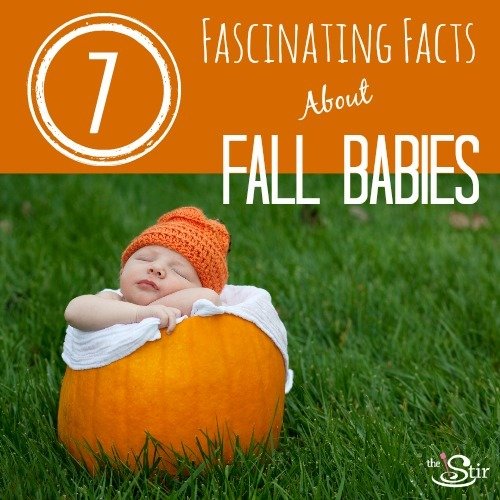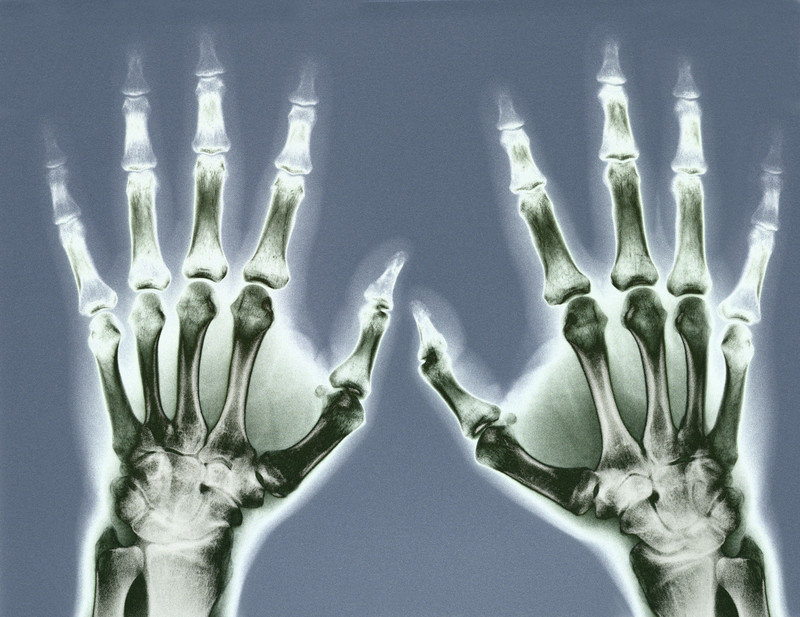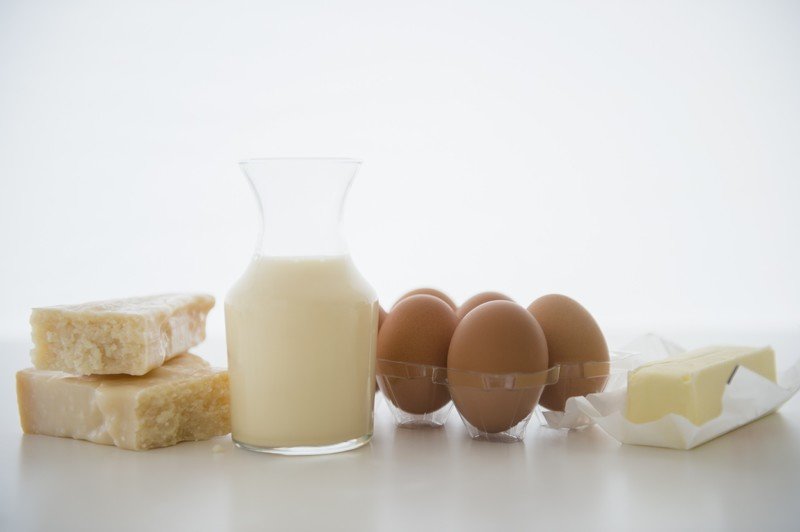'Tis the season to pop out babies! Fall, it turns out, is a popular time for birthdays: According to a ranking of births in the US from 1973 to 1999, more babies are born in September than any other month, with September 16 being the most common birth date. And that's just one of many "who knew?" fun facts about babies born in the fall. There are so many other cool things that one might not know about babies born from September to December!
More from CafeMom: 15 Unusual Baby Boy Names That Pay Homage to Autumn
Whether you're a mom whose due date falls in this window or you celebrate your own birthday in autumn yourself, take a look at this scientifically backed trivia about what this may mean in terms of your health, athletic abilities, how long you'll live, and more.
More from CafeMom: 100 Best Fall Baby Names
The facts might just be surprising. It may seem hard to believe that the season you're born can affect so much of your life, but truly autumn babies have a lot going in their favor.
More from CafeMom: 15 Gorgeous Baby Girl Names Inspired by the Beauty of Autumn
So take a look and decide if these fascinating fall baby facts are convincing. And fall babies, these are some great bragging points. Go, fall babies, go!

*Images © Henglein and Steets/cultura/Corbis; © iStock.com/jessicaphoto *
Autumn babies live longer

Odds are your little tykes will live long and prosper: One German study of a million people who died recently in Denmark and Austria determined that people born between October and December lived about .6 years longer than those born between April and June. So if my math is right, that would be 219 days — it may not seem like much, but hey, every day counts!
The researchers hypothesized that summer and fall's bountiful fruits and vegetables prompt pregnant women to eat better, resulting in healthier babies. Heck, your kids may even live past 100: In another study by the University of Chicago looking at records of over 1,500 people born between 1880 and 1895 who lived to 100 or older, the most centenarians were born between September and November.
Fall babies are taller

If stature matters to you, you've won the birthday lottery: One study from Bristol in Great Britain found that later-summer and early-autumn babies are slightly taller on average (by 5 millimeters) than kids born in the winter and spring. The cause may be that these babies enjoy the final stretch of pregnancy during summer, when the mom is exposed to the sun. This helps her body produce higher levels of vitamin D, which may aid in the fetus's skeletal growth.
They've got stronger bones

That same study from Bristol found that kids born late summer or early fall also have thicker bones (by 12.75 square centimeters) than those born at other times. And that's good, because broken bones, arm casts, and osteoporosis are a drag.
They're amazing athletes

Hoping you've got a budding Beckham or Serena Williams? You're in luck: Researchers at the University of Essex in Great Britain found that fall kids are more athletic. In their study of over 8,000 children aged 10-16, they found that a child born in November runs at least 10 percent faster, jumps 12 percent higher, and is 15 percent more powerful than a kid the same age born in April. Yet again, pregnant moms' exposure to sun, which helps her body produce more bone-building vitamin D, is the likely cause. Or it may just be that school's September cut-offs for entrance mean that kids born after that point are almost a whole year older than those born in August, leading to advantages in size and coordination. In short, your kid can trounce their shrimpy, wimpy opponents with ease.
They're prone to asthma

Even though they may ace tennis matches or score goals galore, an inhaler may well be in your child's future. A study at Vanderbilt University found that babies born in the fall are 30 percent more likely to have asthma compared to babies born at other times. Researchers theorize that it's because these babies are born right before winter, when colds and viral infections peak — only it's also right during a vulnerable period when babies transition from relying on their mother's immune system to their own, and asthma can take hold.
They have more food allergies

A Finnish study found that babies born in October and November were more likely to develop food allergies, particularly to milk and eggs. Experts theorize this may be due to high pollen counts in the spring coinciding with a crucial phase in your baby's immune development within the womb — or, once the baby is born, an increased susceptibility to winter infections. Whatever the cause, if you get some adverse reactions come mealtime, don't say we didn't warn you.
They excel academically

If your bun in the oven stays put until past September 1, that bodes well for him being at the top of his class — at least compared to those born right before. A study of over 48,000 British kids by the Institute for Fiscal Studies found that kids born in September are 20 percent more likely to get into elite schools like Oxford or Cambridge than those born in August, with summer babies being at the bottom of the class. Yet again, that September 1 cut-off to school entry is probably to blame, giving older students in class like yours the edge.




